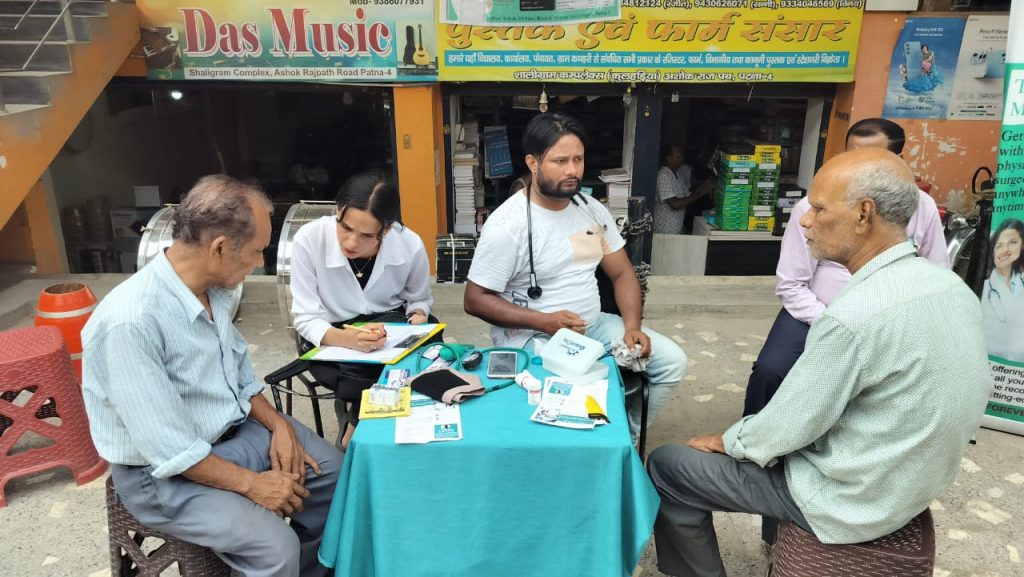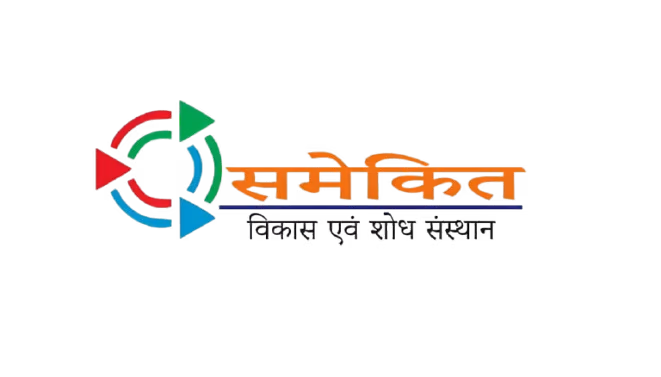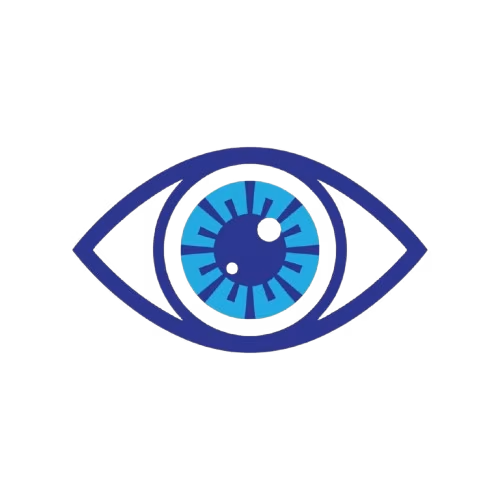
Message from the Secretary
At Samekit Vikas Evam Shodh Sansthan, we believe transformation begins when communities are not just included—but empowered. From the chalkboard to the health camp, from the seedling to the startup, we stand where grassroots potential meets strategic action.
Our work is deeply rooted in the lived realities of rural Bihar and Uttar Pradesh, yet our vision reaches far beyond: towards a future where every woman leads, every child learns, every household thrives, and every initiative is driven by dignity, data, and determination.
With research as our compass and community as our guide, we invite partners, policymakers, and changemakers to walk with us in reimagining development—not as a destination, but a journey we shape together.
Shimpa Devi
Secretary, SVSS
About SVSS
Samekit Vikas Evam Shodh Sansthan (SVSS) is a non-profit organization registered under the Societies Registration Act, 1860 (Darpan ID: UP/2018/0203739). Founded in 2013, SVSS works across Bihar and Uttar Pradesh to build inclusive, self-reliant communities.
Our programs focus on health, education, women empowerment, WASH (Water, Sanitation & Hygiene), environment conservation, and livelihood development. By combining grassroots action with research and innovation, SVSS empowers underserved communities in both rural and peri-urban areas.
Over the years, we have partnered with organizations like the Indian Red Cross Society, PreHeal Innovations, and local institutions to deliver impactful projects across multiple districts. Guided by participation and collaboration, SVSS continues to drive sustainable social transformation.


- Inclusivity: Ensuring no one is left behind
- Participation: Community-first planning and execution
- Transparency: Ethical practices and financial accountability
- Equity: Gender-sensitive and rights-based development
- Sustainability: Long-term community ownership and impact
- Community Ownership: Solutions driven by local participation.
- Innovation: Adaptive models like telemedicine and digital literacy.
- Inclusivity: Prioritizing women, youth, and marginalized groups.
- Sustainability: Environment-first approaches in all programs.
- Transparency: Certified audits and open governance.

